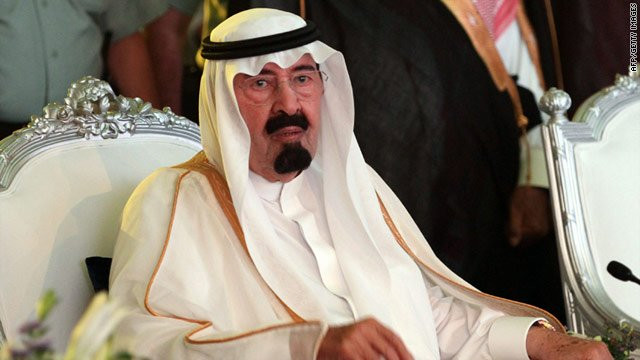King Abdullah (1924-2015)
King Abdullah, had reigned since 2005 and may be regarded as a cautious reformer of the country

Perhaps, the most significant achievement of King Abdullah is that he was able to hold the Kingdom together at a time of increasing internal and external tensions. PHOTO: AFP
Perhaps, the most significant achievement of King Abdullah is that he was able to hold the Kingdom together at a time of increasing internal and external tensions. His latter days saw the rise of the Islamic State (IS), which the Kingdom regards as a threat in no lesser way than other states do, and it joined the American-led coalition that is currently conducting air strikes against IS positions in Syria and Iraq. To the south, Yemen is crumbling fast, the global price of oil has halved in the last year and the Kingdom is hedged by uncertainty and conflict almost on all sides. King Abdullah’s other achievement lay in his ability to balance the tribal forces that have at times threatened to destabilise the country with rivalries that go back millennia. The new king Salman has promised continuity in energy and foreign policy, and little change may be expected.
Published in The Express Tribune, January 25th, 2015.
Like Opinion & Editorial on Facebook, follow @ETOpEd on Twitter to receive all updates on all our daily pieces.















COMMENTS
Comments are moderated and generally will be posted if they are on-topic and not abusive.
For more information, please see our Comments FAQ